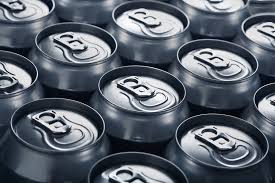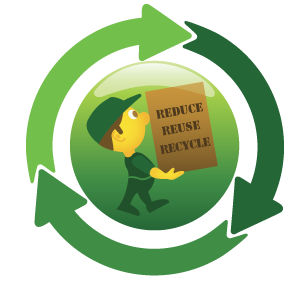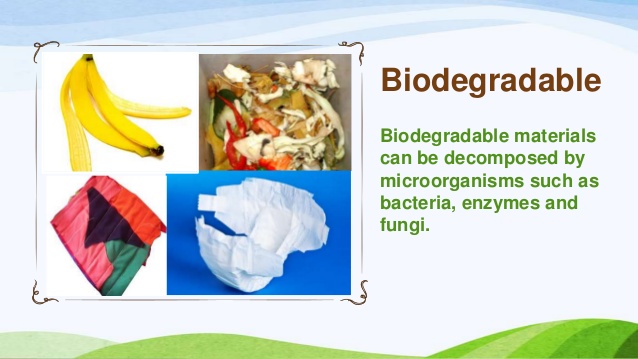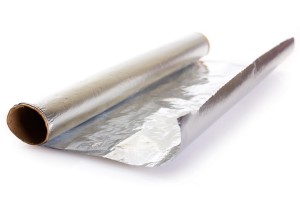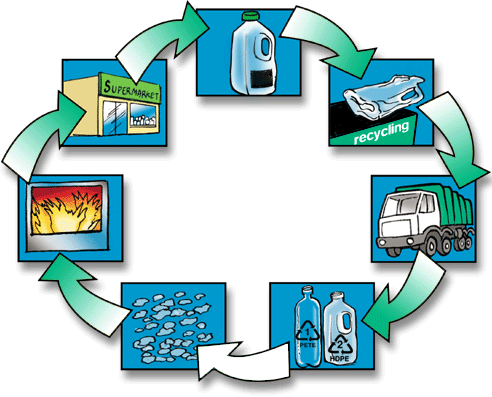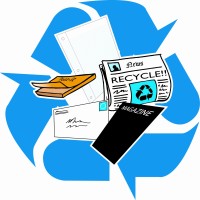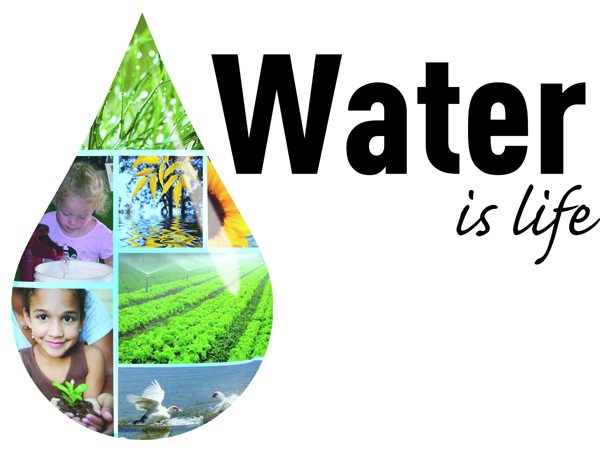
As of May 18, 2016, the California Sate Water Board adopted a new set of emergency water regulations to replace those put in place on February 2 as a result of less severe drought conditions than previously. This regulation will be in effect from June 2016 to January 2017. Conservation standards are set locally, with specific circumstances in mind. Due to the drought that is persisting for what is the fifth year in a row, conservation of water is now of the utmost importance.
There are, however, restrictions on the use of water. Hotels, bars, and restaurants are not permitted to serve their clients water unless it is specifically requested. Hotels and motels are required to place signs in each room telling the guests they may elect not to have towels and linens washed daily. Californians are banned from watering lawns and landscaping with potable water in the 48 hours following any measurable rainfall. Cities, counties, water districts, and private companies must limit lawn watering to two days per week unless they already limit days for watering per person.
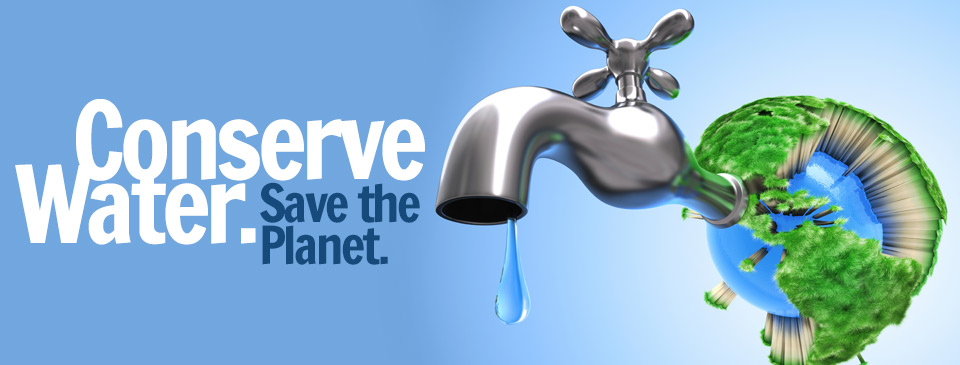 The East Bay Municipal Utility District’s customers are limited to two days per week. In Santa Clara Country, watering rules vary widely. The San Jose water Company limits outdoor watering to specific dates. People whose addresses end in odd numbers may water outside on odd number days, while people whose addresses end in even numbers may water outside on even days only. Milpitas allows watering on two days per week. All counties are subject to restrictions. New houses being built are now restricted in their landscaping to a mere 25% of the land being allotted to water-consuming turf grass, in an effort to conserve more water.
The East Bay Municipal Utility District’s customers are limited to two days per week. In Santa Clara Country, watering rules vary widely. The San Jose water Company limits outdoor watering to specific dates. People whose addresses end in odd numbers may water outside on odd number days, while people whose addresses end in even numbers may water outside on even days only. Milpitas allows watering on two days per week. All counties are subject to restrictions. New houses being built are now restricted in their landscaping to a mere 25% of the land being allotted to water-consuming turf grass, in an effort to conserve more water.
The fee for violation of water conservation limits can be upwards of $500 per violation. Wasting water in the state of California is now a criminal offense, and violators must pay for each day where a violation was committed, rather than a flat fee being imposed. Statewide rules also require that property owners are notified immediately should a leak occur. Water providers must also report to the state water board in regards to per-week watering limitations, and information as to violators being penalized.
